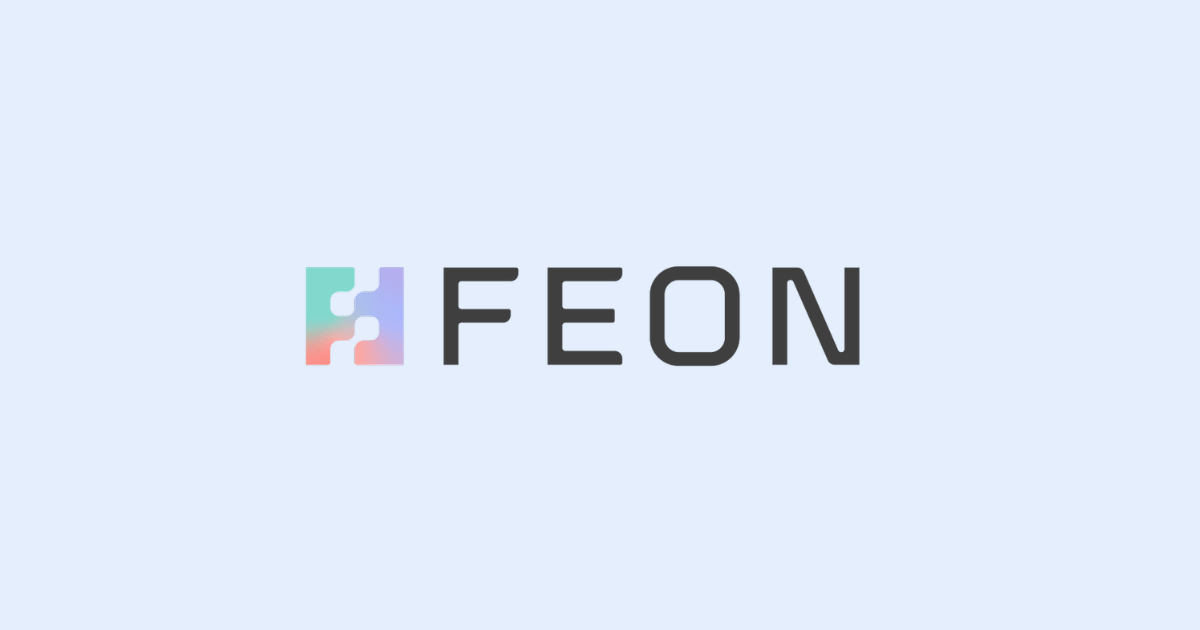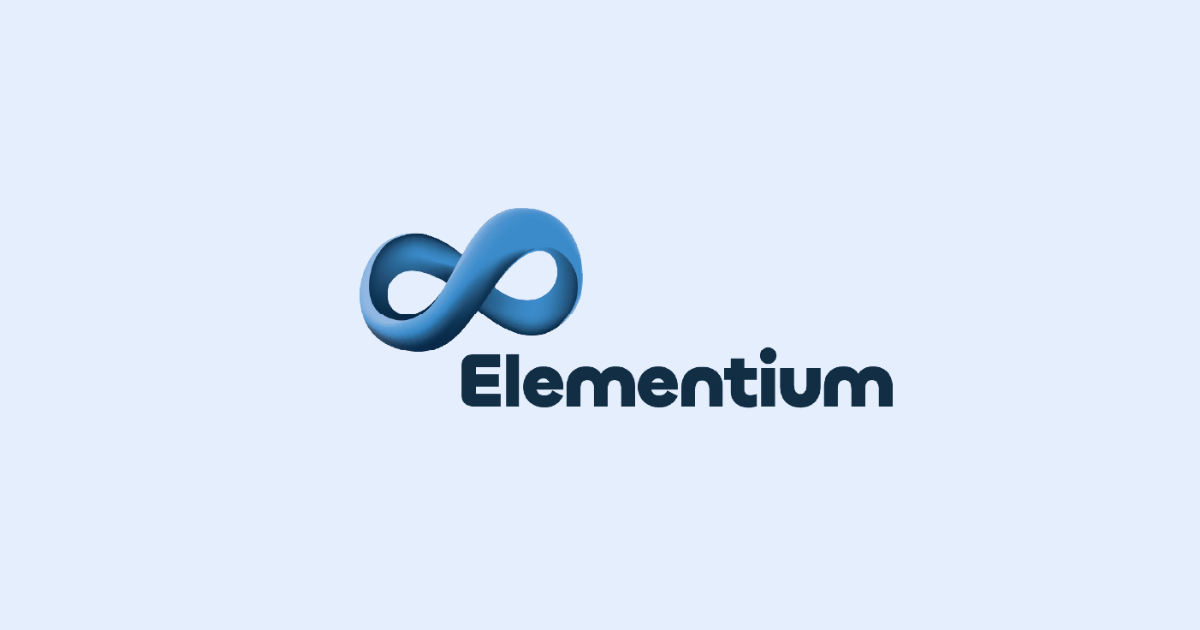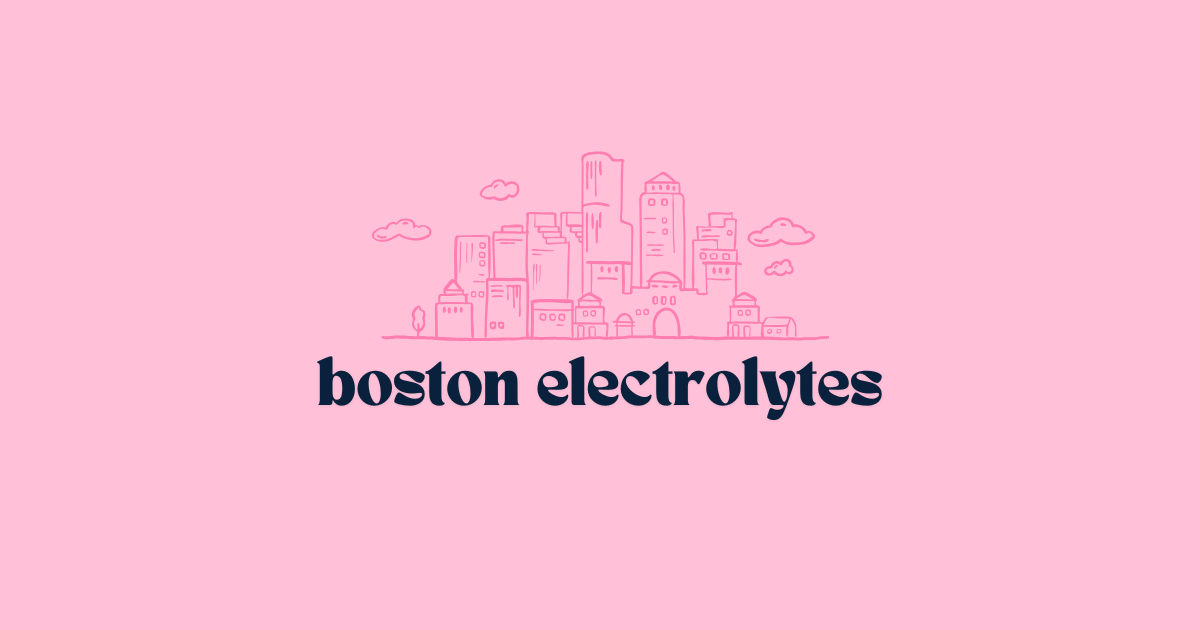Shoutout to Intercalation Station for the name idea
Two Greater Boston area startups, Feon Energy and Elementium, are taking distinctly different approaches to solve the same fundamental challenge: creating safer, more powerful, and cost-effective lithium-ion batteries for everything from electric vehicles to grid storage.
Both companies are tackling innovation on the electrolyte, the often-overlooked liquid (or solid, if you fancy) that enables ions to flow between a battery's positive and negative terminals. While they are racing to the same finish line, their paths are very different.
The Stanford Pharma Approach: Feon Energy

Feon Energy, a Stanford University spinout based in Woburn, recently secured $6.1 million in seed funding and achieved UN 38.3 certification for Li-Metal batteries. The company has positioned itself as what it calls "a pharmaceutical company in the battery field, creating 'new drug molecules' to treat the 'diseases' of next generation batteries."
This pharmaceutical analogy isn't just marketing speak. Feon's proprietary EDGE (Electrolyte Discovery and Generation Engine) platform systematically invents novel electrolyte molecules from scratch, much like how drug companies develop new therapeutic compounds. The company claims to have developed lithium-metal batteries with energy densities over 400 Wh/kg, 50% higher than today's lithium-ion batteries, while promising to deliver batteries that are 20% cheaper than current lithium-ion technology with double the energy density.
The company's recent achievements include non-flammable liquid electrolyte solutions that address critical safety concerns while reducing manufacturing costs. They've already begun shipping pre-commercial samples to major automotive, aviation, and consumer electronics manufacturers, suggesting they're quickly moving towards commercialization.
The MIT Materials Science Approach: Elementium

In battery nerd heaven, a.k.a Greentown Labs, Elementium is taking a more traditional materials science approach. Powered by cutting-edge technology licensed from MIT, Elementium's electrolyte replaces legacy materials to unlock unparalleled cell stability. The company has raised $3 million in funding and recently received a $100,000 SuperBoost Grant from the NSF Energy Storage Engine.
Elementium's proprietary non-carbonate electrolytes are engineered to deliver enhanced safety, stability, and compatibility with emerging anode and cathode materials, including silicon, manganese-rich, and high-nickel electrodes. The company targets similarly ambitious goals: 500 Wh/kg energy density, $50/kWh costs, and near unlimited cycle life.
The startup is focusing on EVs, grid-scale storage, and consumer electronics, where its electrolyte can mean light-weighting EVs. Their recent partnership with NEO Battery Materials for silicon anode applications suggests they're making progress in practical implementations.
Market Positioning and Progress
While both companies are still in early stages, Feon appears to have gained more market traction (notably founded 2 years earlier in 2022, while Elementium was founded in 2024 giving them a head start). Their $6.1 million funding round significantly outpaces Elementium's $3 million, and their UN 38.3 certification represents a critical regulatory milestone that enables commercial shipping of lithium-metal batteries.
However, funding levels don't tell the complete story. Elementium's electrolytes are nonflammable and the electrolyte materials are recyclable, addressing two major concerns about battery sustainability and safety. Their MIT pedigree and partnership with established players like NEO Battery Materials suggest a more conservative but potentially more reliable path to market.
Beyond Boston: Broader Electrolyte Innovation Landscape
To understand where Feon and Elementium fit in the US battery innovation ecosystem, it's worth examining how their approaches compare to other leading electrolyte companies pursuing similar goals.
Anthro Energy, another Stanford spinout based in the Bay Area, represents perhaps the most direct comparison to both Boston companies. Anthro recently raised $20 million in Series A funding led by Collaborative Fund and achieved UN 38.3 certification, putting them ahead of both Feon and Elementium in terms of funding and regulatory milestones.
Anthro's Proteus polymer electrolyte allows for the production of solid and semi-solid state batteries without changing any existing manufacturing equipment, addressing a critical commercialization challenge that both Feon and Elementium will eventually face. The company is building a 25 GWh facility in Louisville capable of producing 12,000 metric tons of advanced electrolyte annually, representing the kind of scale that Boston's battery companies will need to achieve.
Automat Solutions, based in SF's East Bay, takes yet another approach to electrolyte innovation. The company uses AI-powered high-performance battery electrolytes and materials, combining artificial intelligence and high-throughput robotic experimentation to accelerate the discovery of optimal battery electrolytes. Founded in 2019, Automat already serves more than 10 paid customers with electrolytes for lithium metal, advanced lithium-ion, and solid-state batteries.
Automat's approach differs significantly from both Feon's molecular discovery engine and Elementium's materials engineering focus. Their AI-robotics platform creates solutions 100 times faster than traditional methods, suggesting a more systematic approach to the combinatorial chemistry challenge that all electrolyte companies face.
Positioning in the Competitive Landscape
This broader context reveals that Feon and Elementium are entering a crowded but rapidly expanding market. While Anthro has achieved greater scale and funding, and Automat has demonstrated commercial traction with paying customers, the Boston companies each bring unique strengths:
Feon's molecular discovery approach may offer the deepest innovation potential, creating entirely new chemical compounds rather than optimizing existing ones
Elementium's MIT-rooted materials science provides a more conservative but potentially more reliable path to market
Both benefit from Boston's dense ecosystem of academic research, venture capital, and manufacturing expertise.
The competitive dynamics suggest that success won't be determined by a single technological approach, but by execution across multiple dimensions: technical performance, manufacturing scalability, regulatory compliance, and customer relationships. Anthro's manufacturing facility and UN certification, Automat's customer base, and the Boston companies' university partnerships each represent different strategies for navigating these challenges.
The race between these companies—and dozens of others globally—reveals the diverse paths toward next-generation battery technology: computational molecular design (Feon), materials engineering (Elementium), AI-driven discovery (Automat), solid-state solutions (Factorial), and polymer innovations (Anthro). Given the stakes involved and the billions of dollars flowing into battery technology globally, there's room for multiple approaches to succeed, but only for those that can execute effectively across the complex landscape of advanced manufacturing and global markets.
TLDR: It doesn’t matter how cool your tech is if you are not manufacturable, so my money is on Anthro. [This is an unpaid opinion, and if you disagree, feel free to email us.]
Battery Business (Job Postings):
If you’re interested in supercapacitors, our friends at Florrent are hiring! They are known for their impeccable vibes and positive social and environmental impacts. Florrent has built up a network of farmers from BIPOC communities, providing sustainable livelihoods while encouraging the use of farming techniques that support the natural sequestration of carbon. Their business model directly supports historically underserved farming communities. Check our their careers page here for all of their job listings.

